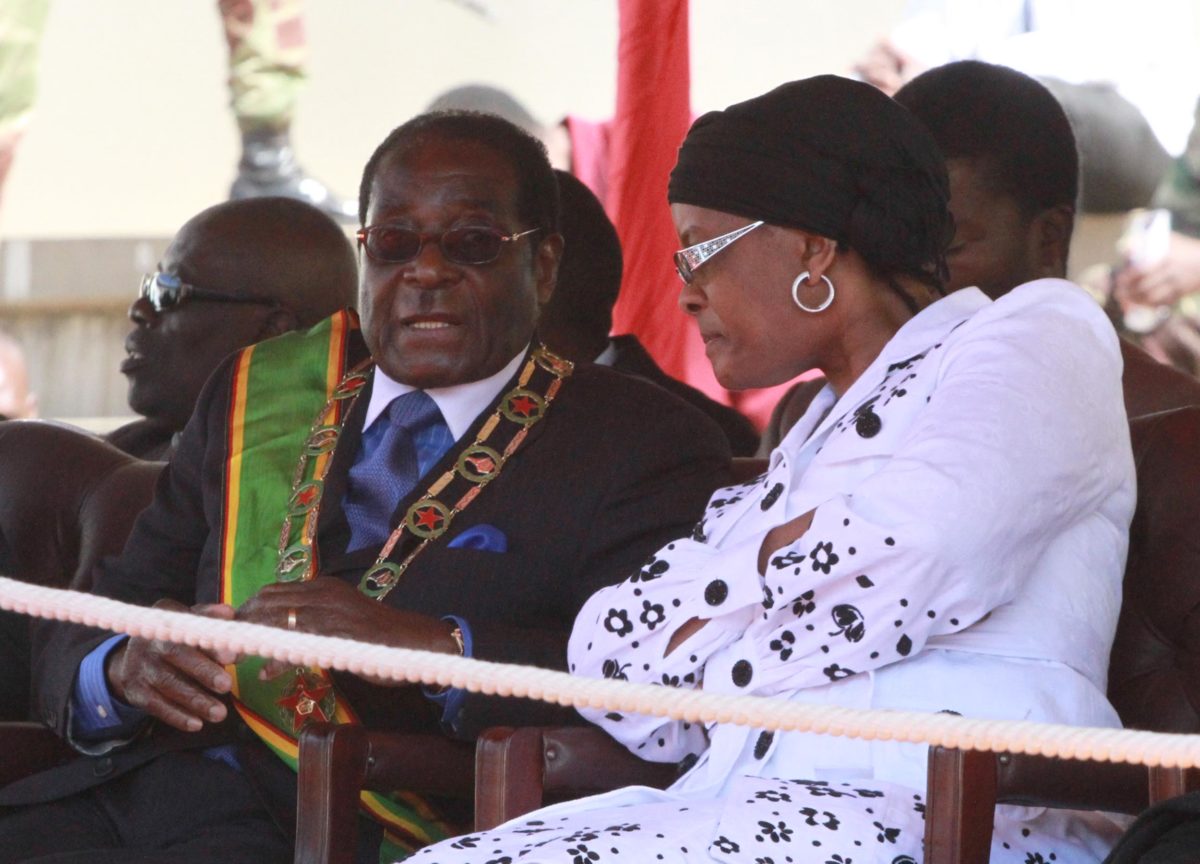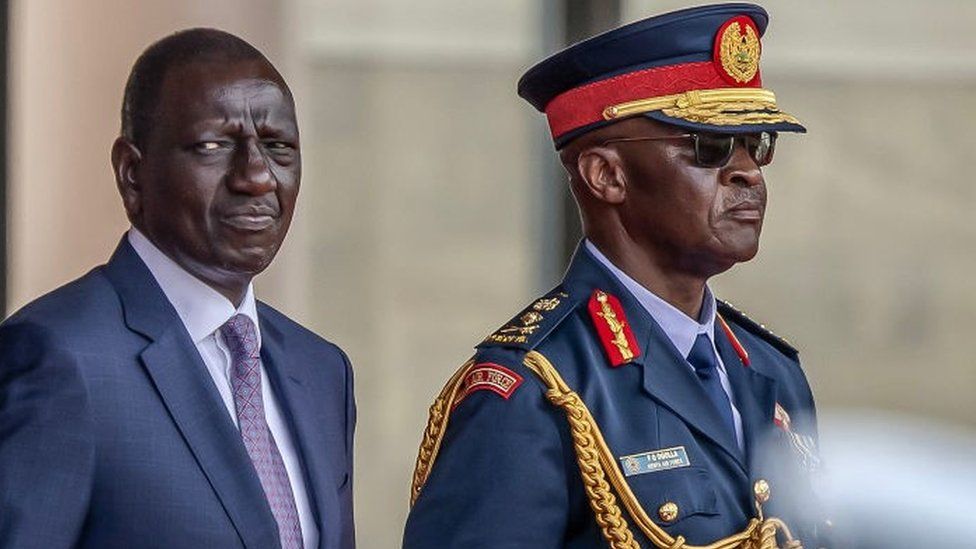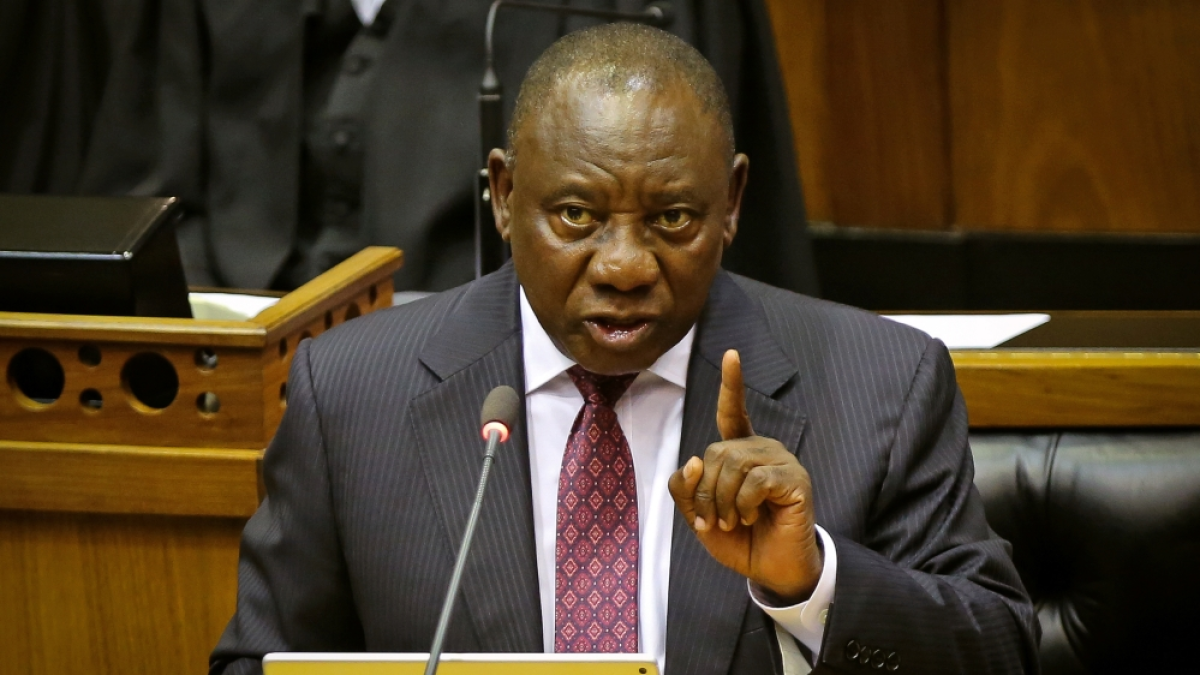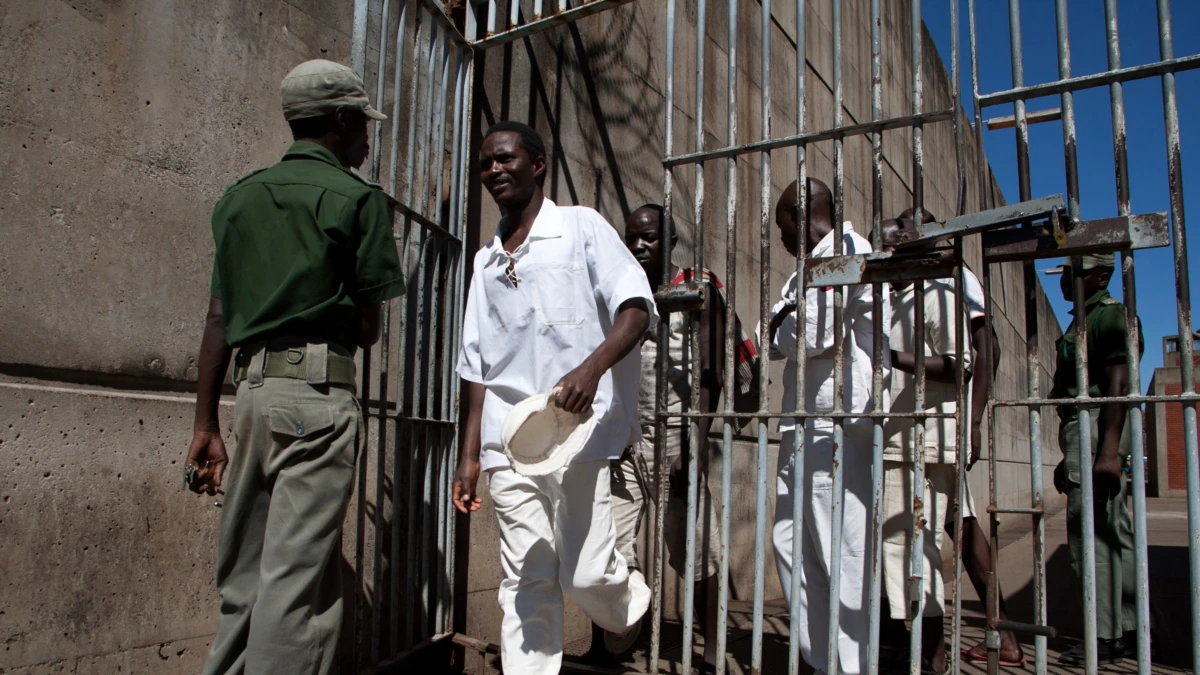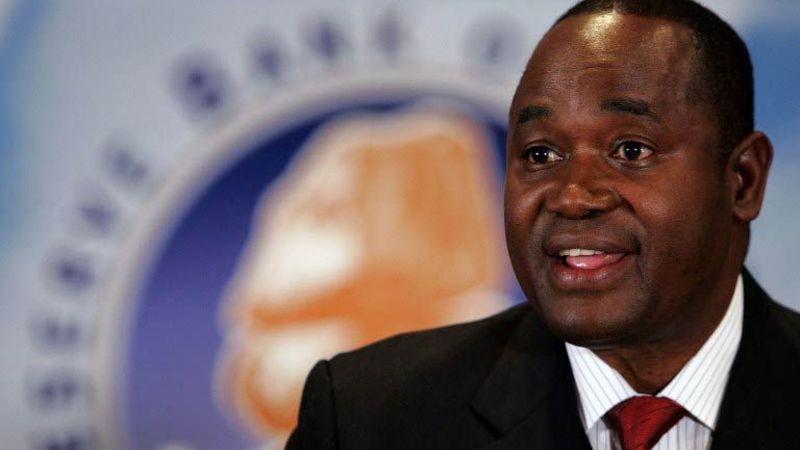THE death of Robert Mugabe in Singapore on September 6, 2019, comes hardly two years since he was ousted in the November 15, 2017, coup led by the very persons – namely, Emmerson Mnangagwa and Constantino Chiwenga – in whom Mugabe had reposed both his confidence and security.
In one of his last interviews in the months following the coup, Mugabe lamented what he described as the worst act of betrayal by the persons who, since 2008 when it was Mnangagwa and Chiwenga who persuaded and prevailed upon Mugabe to stay on as he did after his defeat to Tsvangirai in the presidential poll that year, have been at the helm of power, with the old man a virtual hostage and or figurehead till his unceremonious fall in 2017. (Many would argue that the stolen election of 2008 was, in effect, the first coup, a sequel the one of 2017.)
Those who remained close to Mugabe since the coup claim that it was this betrayal that provided the catalyst for what might be a premature end to a life, which as in the case of his mother who died at the age of 103, could have run well past a century.
It is hardly ironic that the regime with which he was personally identified and held almost solely responsible, continues as of old, even if, as the current political and economic tribulations bear witness, these are certainly the last days of the Mugabe/Mnangagwa/Chiwenga establishment.
A significant feature of Mugabe’s personality was his vanity which blinded him to the reality that the military or security apparatus which cocooned and cuddled him so elaborately was less about the affection for the “Great Leader”, than the well-calculated preparations by securocrats waiting for the opportune moment to pounce and seize power.
And so it is that both his advanced age and illness so fuelled the struggle for succession that the bloody events of November 2017 were in retrospect inevitable.
Likewise, the feeling of insecurity that characterised both his personal and political life: the viciousness with which he disposed of his political rivals like Ndabaningi Sithole and Joshua Nkomo; and even those like Edgar Tekere, Enos Nkala and Maurice Nyagumbo with whom he had shared detention cells and without whom he could never have reached the pinnacle of leadership in Zimbabwe.
In the final analysis, insecurity and vanity informed both his personal and political history, rendering him an inadvertent figurehead for a bunch of power mongers who had successfully wiped out their political rivals in Lusaka in 1975, and found him an expedient replacement for Ndabaningi Sithole at the Chimoio “Congress” of 1977.
This accounted in part for his schizophrenic reactions to those he worked with: dependent on those more intellectually skilled than him, and yet anxious about the risk of being exposed as a lesser quantity among them; able to recognise fellow travellers as both incompetent and dangerous on the one hand and yet, on the other, having had to rely on them to his detriment.
Otherwise, Robert Mugabe was a complex human being; even his familial origins remain a mystery, even if soon to be unravelled in a biography to be published later this year. Such long-held and guarded secrets surrounding his past might account for the enigma that he was even to those of us who worked with him in those heady days of the struggle, and during the first decade of independence.
To quote my tweet on the occasion of his 95th birthday on 21st February, 2019: “Belated birthday wishes to Comrade Robert Gabriel Mugabe, with fondest memories of the good old days of hope for our country, the heady days of detention, struggle and the first decade during which we established the post Independent State in Zimbabwe.
“There is a lesson to be learnt, as we reflect on the last days of the 40 years of post-independence even if we use the occasion of Mugabe’s 95th birthday: the vagaries of the nation-State-in-the-making; the fatal mistakes of a struggle based less on politics than militarism.”
Dr Mandaza is currently writing a biography of President Robert Mugabe. This article was originally published by The Afria Report
